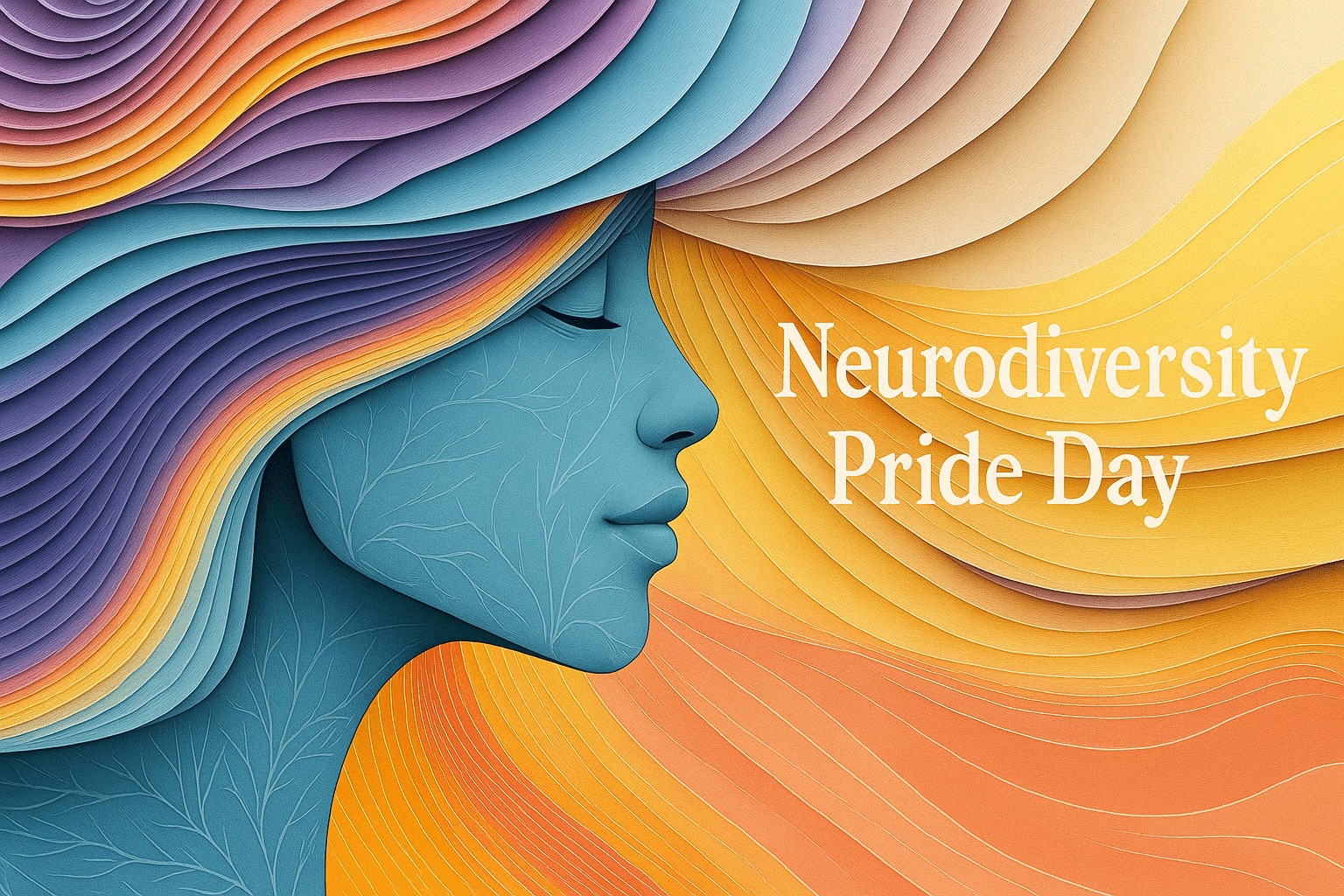What is Neurodiversity Pride Day?
Neurodiversity Pride Day is held every year to celebrate the wide range of ways in which human brains function. The day recognizes people who are neurodivergent, including individuals with autism, ADHD, dyslexia, Tourette syndrome, and other neurological differences. It promotes pride, inclusion, and the belief that neurodivergence is not a disorder but a natural and valuable part of human diversity.
Rather than focusing on what people cannot do, Neurodiversity Pride Day highlights strengths, creativity, and alternative ways of thinking. The celebration encourages society to respect neurodivergent individuals and to build environments where they can thrive.
Neurodiversity Pride Day is related to Autistic Pride Day
History and Origin
Neurodiversity Pride Day began in the Netherlands in 2018, started by the Neurodiversity Foundation. The event was created by and for neurodivergent people. It was meant to serve as a counterbalance to negative stereotypes and to offer a space where neurodivergent voices could be heard and honored.
Since its founding, the celebration has grown into a global event. Activities take place in dozens of countries, both online and in person. Each year, more individuals, families, and organizations take part in promoting a new message: difference is not a weakness. It is a form of strength that should be welcomed.
Who participates in Neurodiversity Pride Day?
- Neurodivergent individuals: Share their stories, talents, and perspectives with confidence.
- Families and caregivers: Support their loved ones and take part in awareness events.
- Schools and universities: Host workshops, panels, and creative showcases.
- Workplaces and organizations: Promote inclusive practices and celebrate neurodiverse teams.
- Advocacy groups: Campaign for legal rights, accessibility, and greater public understanding.
Slogans and Themes
Slogans include “Proud to Be Neurodivergent,” “Embrace Differences,” and “What’s Strong With You?” These themes challenge outdated views and focus instead on the value of different minds working together. The day invites pride, not pity, and joy instead of judgment.
Colors, Symbols, and Patterns
Colors
- Purple: Often used to represent neurodiversity and pride.
- Rainbow: Reflects the spectrum of neurological experience and identity.
- Blue and orange: Common in awareness materials to show contrast and variation.
Symbols
- Infinity symbol: Represents infinite ways of thinking and being.
- Kite: Symbolizes freedom, self-direction, and rising above labels.
- Spirals: Often used to represent inward strength and complexity.
Patterns
- Abstract art: Reflects creative, non-linear thinking.
- Puzzle-free icons: Avoid outdated symbols and focus on openness.
- Bright geometric shapes: Emphasize clarity and bold expression.
Most Used Hashtags
- #NeurodiversityPrideDay
- #NDpride
- #NeurodivergentAndProud
- #CelebrateNeurodiversity
- #NeurodiversityAwareness
How do you celebrate Neurodiversity Pride Day?
- Attend local or online events: Join talks, art shows, or social meetups.
- Share your story: Use social media to post about your experiences or your support.
- Support neurodivergent creators: Read, watch, or buy content made by neurodivergent people.
- Host an activity: Create a safe space for dialogue or self-expression.
- Promote change: Work toward inclusion in school, work, and public life.
Why is Neurodiversity Pride Day important?
Neurodiversity Pride Day shifts the focus from diagnosis to identity. It encourages people to see neurological differences not as problems but as part of natural variation. Too often, neurodivergent people are misunderstood or excluded. This day calls for understanding, acceptance, and structural change.
By celebrating difference, the day helps people feel less alone. It reminds the world that innovation often comes from those who think differently. In classrooms, offices, and communities, neurodiversity is something to value, not fix.
Features
June 16: Neurodiversity Pride Day
Why do you keep falling for the same type?
Read the article Lovemaps: the hidden blueprint of our love.

